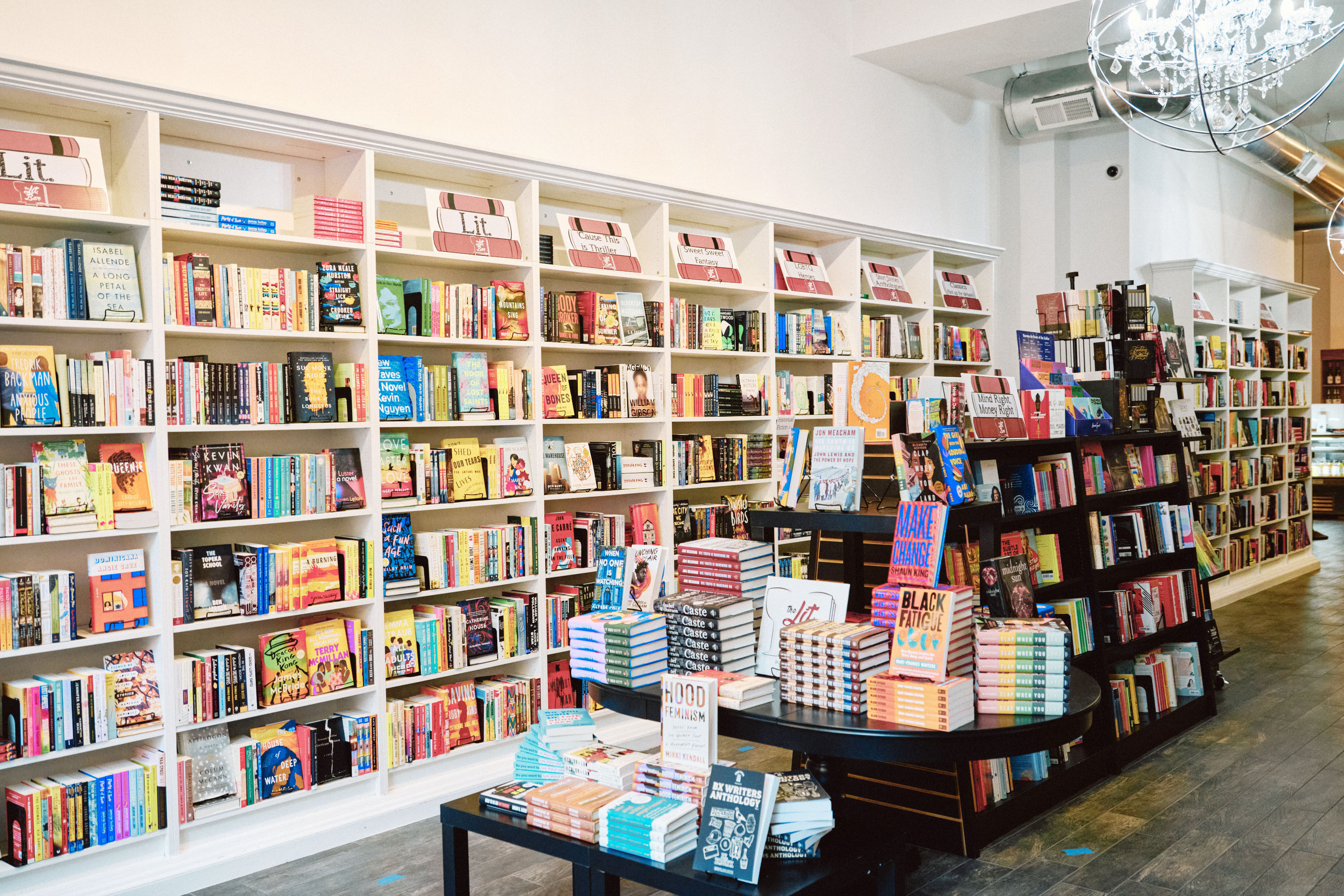About 6% of bookstores are Black-owned, a relic of racism that’s yet to be vanquished given that the latest Census suggested 12.4% of Americans are African-American. This isn’t coincidental. Education is power, and for much of U.S. history, White supremacy has fought to keep education out of the hands of Black people.
Systematic stratagems to maintain a slave-master society were circulated in works like American Slave Codes (1853) by William Goodell and On the Moral Discipline and Treatment of Slaves (1836) by N. Herbemont. If caught attempting to learn – yet alone read – slaves were subject to the violent whims of a master.
Saidiya Hartman summarizes the slavery-era legal codes that legalized and valorized unimaginable barbarity:
“The slave cannot be a witness against a white person, either in a civil or criminal cause; the slave cannot be a party to a civil suit; the benefits of education are withheld from the slave; the means for moral or religious education are not granted to the enslaved; submission is required of the slave, not to the will of his master only but to that of all other white persons; the penal codes of the slave-holding states bear much more severely upon slaves than upon white persons; and slaves are prosecuted and tried upon criminal accusations in a manner inconsistent with the rights of humanity.
— Scenes of Subjugation, pg 24
Many of the gains for African Americans from the Civil War were diminished, erased, or mutated into new forms of oppressions by the 1870s. As documented in Race and Reunion by Historian David W. Blight, minstrelsy and “good times” narratives like The Birth of a Nation and Gone with the Wind enabled the nation to forget the fact of slavery and its on-going impact. These twisted narratives are so effective that even today Amazon sells books with titles like The South Was Right!, which argues that slaves didn’t have it all so bad and even if they did, the Civil War was about the North wanting power and resources.
(Not sure how you can refute the fact that the war was fought over slavery given the “Cornerstone Speech” by Vice President of the Confederacy, Alexander Stephens: “Our new Government is founded upon exactly the opposite ideas [as the union]; its foundations are laid, its cornerstone rests, upon the great truth that the negro is not equal to the white man; that slavery, subordination to the superior race, is his natural and moral condition”).
Jim Crow laws through the 20th century were deliberately structured to keep Black people uneducated. In his memoir Black Boy, Richard Wright recounts his illegal attempts to check out books from the library in 1910s and 20s Mississippi. (Read an excerpt here).
In 2022, there remain many subtle and not-so-subtle ways quality education remains deeply unequal between White and marginalized populations. One example is disciplinarian charter schools like “Success” Academy that offers one form of regimented education to Black children while many White children live in better-resourced school districts or receive a more holistic view of education like Montessori that values humanity over capitalism. Again, this is all very intentional. If Betsy Devos understood one thing, it was that knowledge is power and to retain her position required keeping power out of the hands of certain people.
Black-owned bookstores to support
Given the f’d up nature of U.S. history, to support Black-owned bookstores is to give a finger to racism, and I simply don’t have enough fingers. So let’s go!
Below are East Coast bookshops I’ve had the chance to visit and that I highly recommend to visit in-person or support online.
For more more Black-owned bookstores around the States, checkout these lists from OprahDaily & Lit Hub!
- Uncle Bobbie’s Coffee & Books — “Cool People, Dope Books, Great Coffee” — Amen. Philadelphia PA
- The Schomburg Shop — the official shop of the Schomburg Center for Research in Black Culture in Harlem, NY
- Grandma’s Place — run by a former teacher, Grandma Dawn, a great spot for kids gifts and books. Harlem, NY
- Cafe con Libros — an Intersectional Feminist bookstore in Prospect Heights, NY
- Adanne — named after owner Darlene Okpo’s mother, a beautiful store in Dumbo, NY
- The Lit. Bar — in Mott Haven, Noëlle Santos runs the Bronx’s only independent bookstore
- Sources of Knowledge — a local gathering spot for artists and young people, Newwark, NJ

